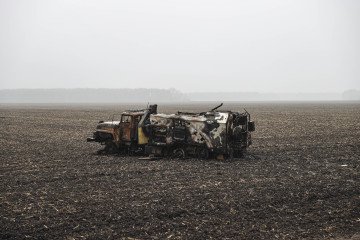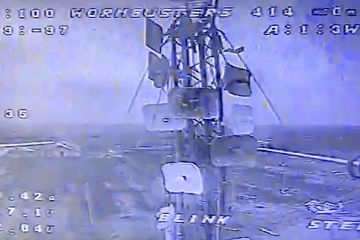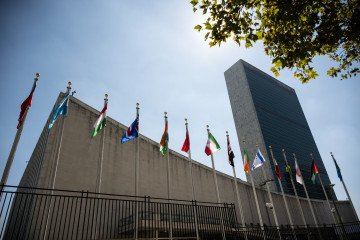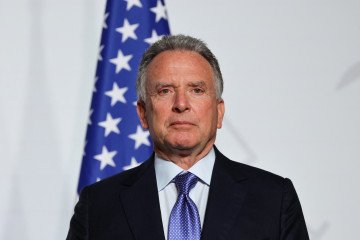- Category
- Latest news
Iran Threatens to Close Strait of Hormuz, World’s Critical Oil Chokepoint, After US Strikes
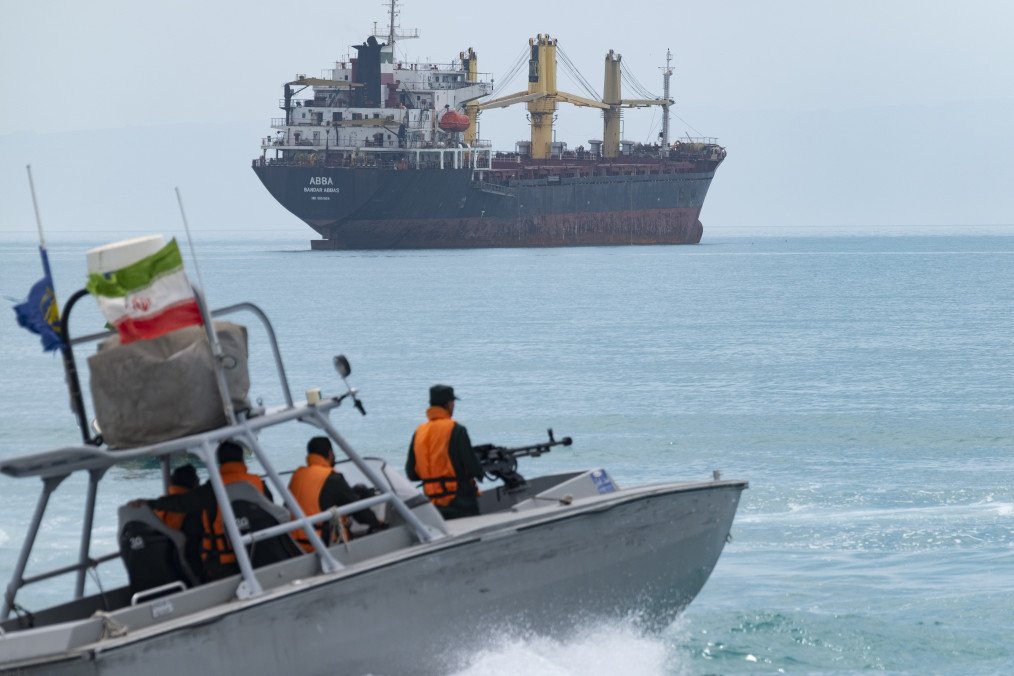
Iran’s parliament endorsed a resolution to shut the Strait of Hormuz in retaliation for US airstrikes on its nuclear facilities, a move now awaiting final sign-off by the Supreme National Security Council, the country’s highest security authority, as was reported by Iran’s state-owned broadcaster Press TV on June 22.
Iranian lawmakers put the closure of the Strait of Hormuz “on the agenda” and vowed it “will be done whenever necessary,” according to Esmail Kosari, a member of parliament’s National Security Committee and a commander in the Revolutionary Guards. The non-binding resolution follows US strikes that Tehran says have inflicted “major destruction” on its underground nuclear sites.
-36ecf3ae032b188e3a67450954113aca.jpg)
The decision now rests with Iran’s Supreme National Security Council, chaired by an appointee of Supreme Leader Ayatollah Ali Khamenei. As tensions rose, Foreign Minister Abbas Araqchi traveled to Moscow on June 22 to consult with Russian leaders on coordinated responses, emphasizing that “diplomacy lies in ruins” until Tehran’s grievances are addressed.
The Strait of Hormuz spans just 104 miles and narrows to about 21 miles at its tightest point, with each of its two shipping lanes barely 3 kilometres wide. Yet it channels roughly 18–20 million barrels of crude oil per day—nearly 20% of global petroleum liquids consumption—and around a third of worldwide liquefied natural gas shipments, cementing its status as the world’s foremost energy artery.
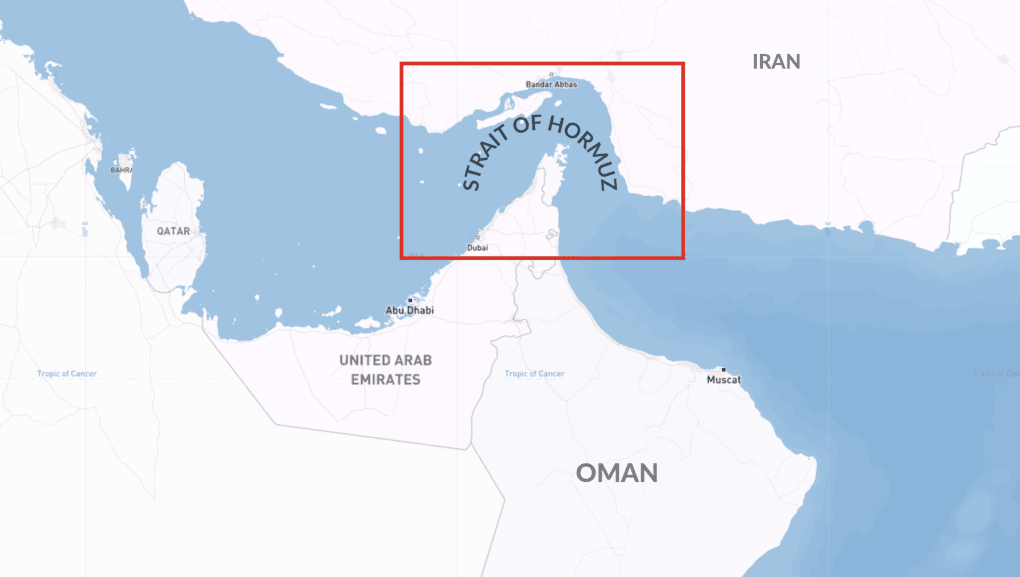
The strait’s narrow confines also grant Tehran potent anti-access leverage. During the 2008 naval dispute, Revolutionary Guard patrol boats harassed US Navy ships transiting these lanes, underscoring Iran’s capacity to deploy mines, fast-attack craft, and coastal missile batteries to threaten or impede tanker traffic.
Earlier, Iran’s top diplomat traveled to Moscow on June 22 to meet Russian leaders after the US strikes on Fordow, Natanz, and Isfahan facilities. He pledged to coordinate security measures within the Supreme National Security Council and align Tehran’s options to defend its sovereignty and deter further aggression.
-111f0e5095e02c02446ffed57bfb0ab1.jpeg)
